Supporting Armed Forces in Acute Hospital Settings – Chester Roadshow
Just before the Easter break, the Trust invited Armed Forces Advocates along with NHS representatives, organisations and charities working within the Armed Forces network and stakeholders to our first Supporting Armed Forces in Acute Hospital Settings roadshow event in the beautiful City of Chester.
We opened the event with a warm welcome from our Project Coordinator Gemma Calvert who introduced the theme of the roadshow ‘Sustainability’.
We spoke on the benefits this programme is providing for the Armed Forces Veterans within the acute hospital settings as well as the potential cost savings and working in collaboration with partners such as local authorities and charities to develop a governance structure to support all.
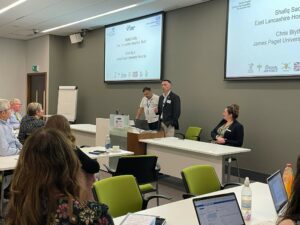
Amongst the speakers were two of the England funded projects from James Paget University Hospitals and East Lancashire Hospitals NHS Trust. They provided an insight of the great work that has been taking place. Sadiq Shafiq from East Lancashire led on the impact and funding of the project, the long-term plan and what factors need to be considered in preparation of a future business case. Chris Blyth from James Paget focused on how the Trusts can maintain and embed the project by establishing a process that becomes day to day practice. The importance of staff awareness, engagement, and visibility to help the project succeed and the effectiveness of sharing positive outcomes.
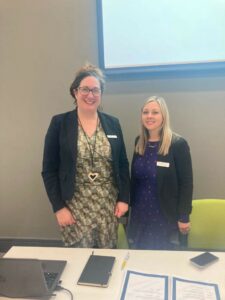
The presentations from the Armed Forces Advocates were weighty and motivational and certainly gave everyone food for thought.
Our Impact and Technical Solutions Manager Rachel Smith spoke about the reporting process for the project and the Armed Forces Advocates portal platform for data collection. Rachel explained what information is required for reporting purposes including finance data, successes, and challenges and what support is on offer for the Armed Forces Advocates.
Our NHS sponsor, senior programme lead Professor Andy Bacon spoke on where next for the advocates, elaborating on how we get holistic support for the whole Armed Forces community and which model from the pilot is the most effective to get best value for money and deliver maximum integration and efficiency whilst touching on branching outside of the pilot scheme on how we could incorporate the work into other parts of the NHS including primary care networks and community health services.
Lt Col (Ret’d) Guy Benson, National VCHA team leader, spoke on the collaboration of organisations coming to together to build a stronger network of veteran support to implement these changes and highlight the Veterans Covenant Healthcare Alliance. He paid tribute to the advocates and their inspiring journey so far. Lt Col Guy Benson wanted to reinforce some of the benefits these projects have to the healthcare provider, the benefits to the individual and thinking about the next steps, where we go from here.
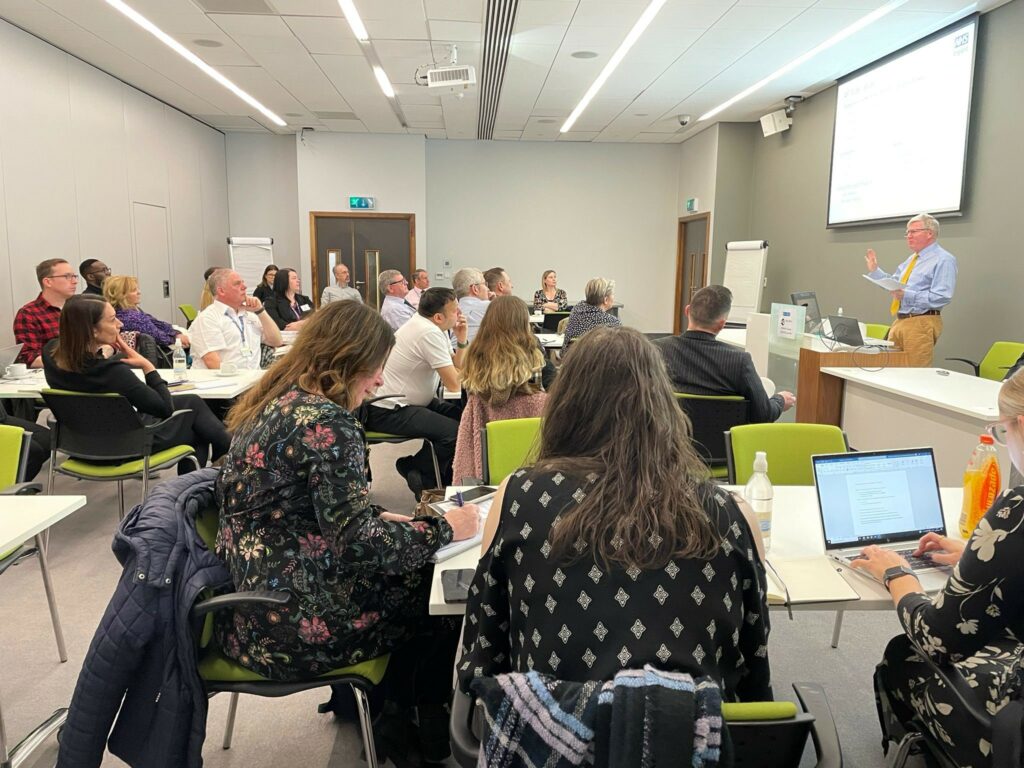
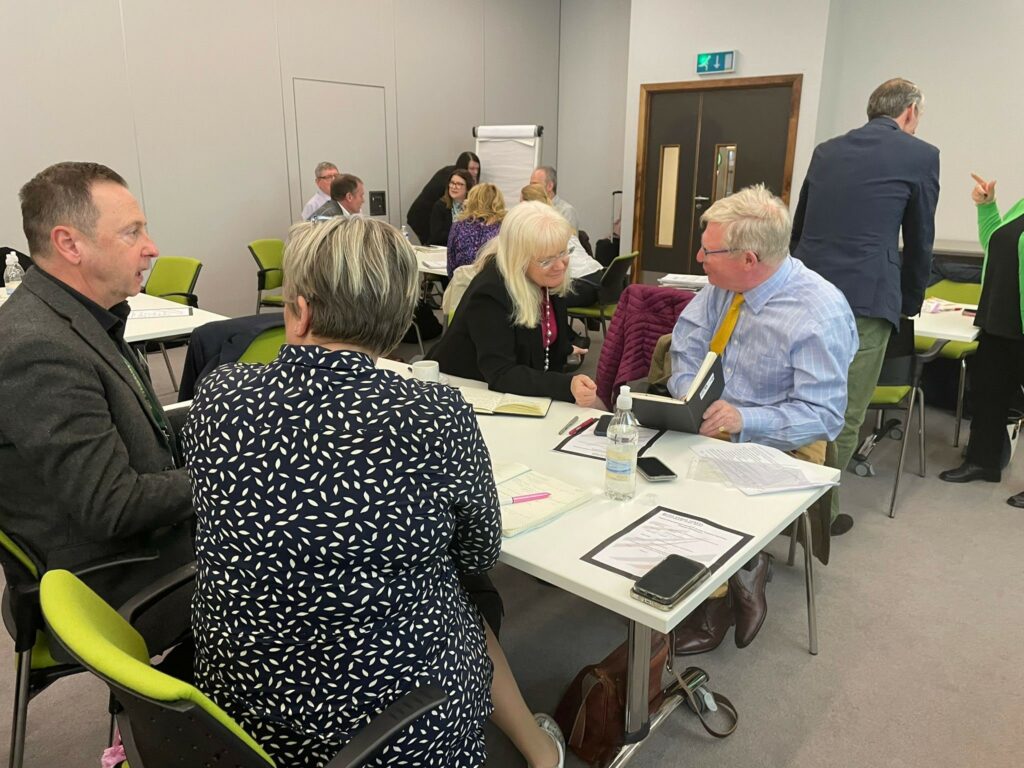
Professor Alan Finnegan and Dr Rebecca Randles from the University of Chester provide the evaluation mechanism for the Supporting Armed Forces in Acute Hospital Settings programme. They provided an evaluation update on what they are measuring and why feedback and data collection is key to be able to demonstrate the real impact the advocates are having to the Armed Forces community and the importance of data collection, that you cannot prove the need without data to help to sustain the projects going forward.
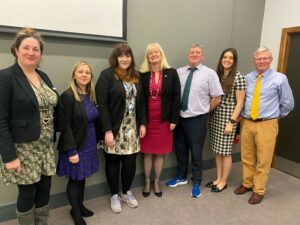
Anna Wright our CEO concluded the roadshow by expressing her admiration for the scale of work and the dedication that has come from the Armed Forces Advocates in their determination in making their projects the success they have become.
It was a pleasure for the Trust to see everyone in person and a big thank you to everyone who took the time to come along to forge links with the advocates, ask questions and offer your support and advice to help sustaining the future of these successful projects.
Together we can create pathways to building a strong pillar of support for our Armed Forces Communities.
Find out more
You can find out more about the Supporting Armed Forces in Acute Hospital Settings on our dedicated programme page.